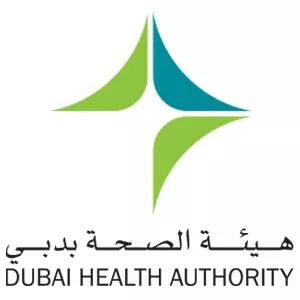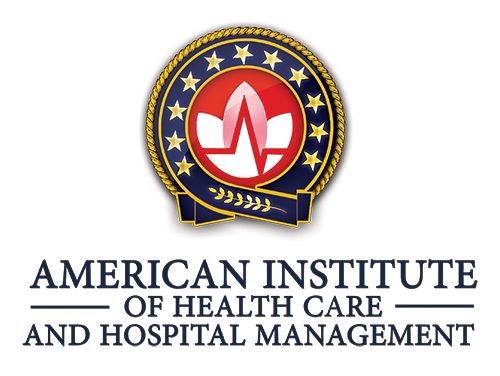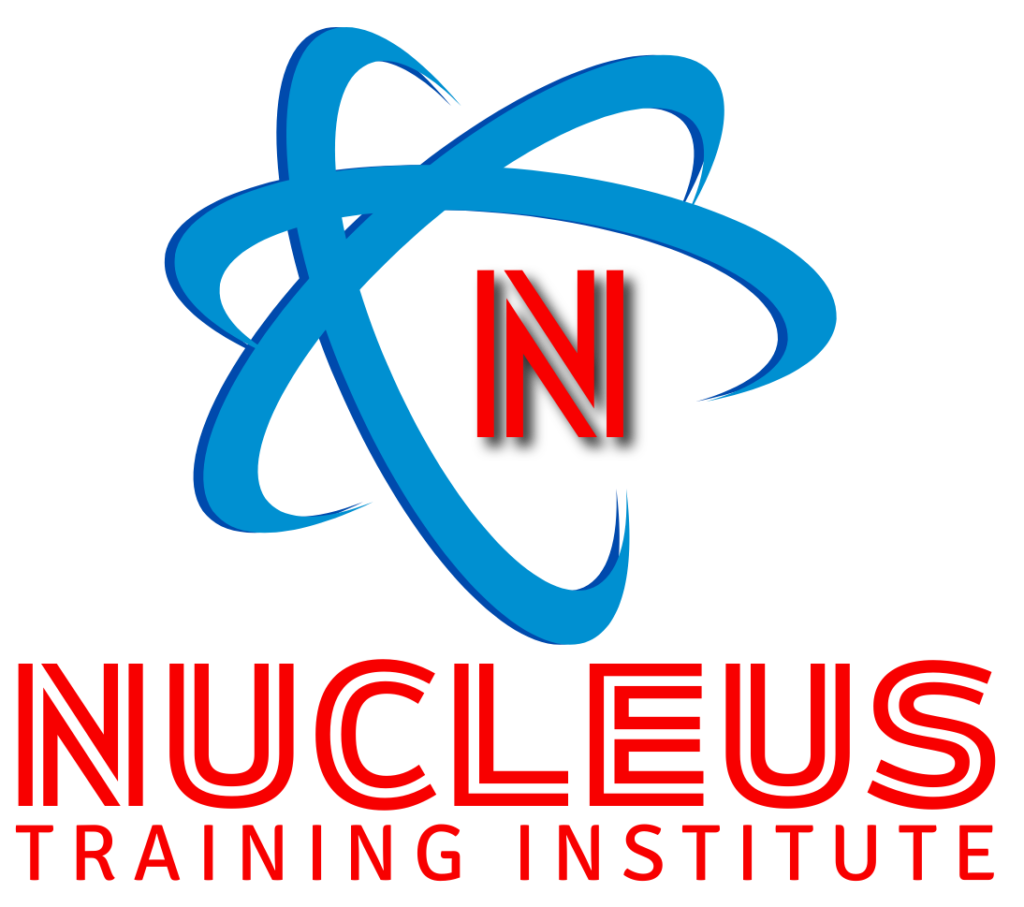Certificate Program in Nursing Continuing Professional Development Exam Prep
About Course
The Certificate Program in Nursing Continuing Professional Development (CPD) Exam Prep is a specialized training program designed to help registered nurses and other healthcare professionals prepare for the CPD exam. The CPD exam is a comprehensive assessment that evaluates a nurse’s knowledge and skills in the field of nursing continuing professional development. This certificate program aims to provide participants with a solid foundation in the key areas covered in the CPD exam. It covers a wide range of topics, including principles of adult learning, program planning and design, instructional methods and strategies, assessment and evaluation, and ethical considerations in nursing education.
Through this program, participants will gain a deep understanding of the principles and best practices of nursing continuing professional development. They will learn how to develop effective educational programs, incorporate evidence-based practices, and utilize various teaching strategies to enhance the learning experience for healthcare professionals.
The program typically includes a combination of lectures, interactive discussions, case studies, and hands-on exercises. Participants will have the opportunity to engage with experienced nursing educators and collaborate with their peers, fostering a supportive learning environment.
By successfully completing the certificate program, participants will be equipped with the knowledge and skills necessary to excel in the CPD exam. This certification can enhance their professional credentials, expand their career opportunities, and demonstrate their commitment to ongoing professional development in nursing education.
Overall, the Certificate Program in Nursing Continuing Professional Development Exam Prep is a comprehensive training program designed to prepare nurses for the CPD exam and equip them with the necessary skills to excel in the field of nursing continuing professional development.
Objective
The Certificate Program in Nursing Continuing Professional Development Exam Prep is designed to help nurses prepare for the Nursing Continuing Professional Development (NCPD) certification exam. The program covers the content and format of the exam, and provides practice questions and feedback to help nurses assess their readiness.
Upon completion of the program, participants will be able to:
Benefits of Program
The Certificate Program in Nursing Continuing Professional Development Exam Prep offers a number of benefits, including:
Course Outline
Module 1: Introduction to NCPD
What is NCPD?
Nursing Continuing Professional Development (NCPD) is the process of lifelong learning for nurses. It is a way for nurses to stay up-to-date on the latest evidence-based practice, research, and technologies in nursing. NCPD can also help nurses develop new skills and knowledge and advance their careers.
Why is NCPD important?
NCPD is important for a number of reasons. First, it helps nurses provide the best possible care to their patients. By staying up-to-date on the latest evidence-based practice, nurses can ensure that they are using the most effective treatments and interventions. Second, NCPD can help nurses develop new skills and knowledge, which can lead to career advancement. Third, NCPD can help nurses stay motivated and engaged in their work.
Module 2: Nursing Research
What is Nursing Research?
Nursing research is the process of systematically gathering and analyzing data to answer questions about nursing practice. Nursing research can be used to improve the quality of care provided to patients, to develop new nursing interventions, and to better understand the nursing profession.
Why is Nursing Research Important?
Nursing research is important for a number of reasons. First, it helps nurses to provide the best possible care to their patients. By conducting research, nurses can learn about the most effective treatments and interventions for their patients. Second, nursing research can help nurses to develop new skills and knowledge, which can lead to career advancement. Third, nursing research can help nurses to stay motivated and engaged in their work.
Types of Nursing Research
There are many different types of nursing research. Some common types of nursing research include:
Descriptive research: Descriptive research is used to describe the characteristics of a population or group. For example, a descriptive study might be used to describe the demographics of patients with a particular disease.
Correlational research: Correlational research is used to examine the relationship between two or more variables. For example, a correlational study might be used to examine the relationship between stress and anxiety.
Experimental research: Experimental research is used to test the effects of an intervention on a dependent variable. For example, an experimental study might be used to test the effects of a new medication on pain relief.
The Nursing Research Process
The nursing research process is a systematic approach to conducting research. The process typically includes the following steps:
Identify a research question: The first step in the nursing research process is to identify a research question. The research question should be specific, answerable, and relevant to nursing practice.
Conduct a literature review: The next step is to conduct a literature review. The literature review will help you to identify what is already known about the research question.
Develop a research plan: The research plan is a document that outlines the steps that will be taken to conduct the research. The research plan should include the research question, the methods that will be used, the data that will be collected, and the analysis that will be conducted.
Collect data: The next step is to collect data. The data can be collected through a variety of methods, such as surveys, interviews, or observations.
Analyze data: The data is then analyzed. The analysis will help you to answer the research question.
Interpret findings: The findings of the research are then interpreted. The interpretation will help you to understand the implications of the research.
Disseminate findings: The final step is to disseminate the findings of the research. The findings can be disseminated through a variety of methods, such as publishing a research paper or presenting the findings at a conference.
Module 3: Evidence-Based Practice
What is Evidence-Based Practice?
Evidence-based practice (EBP) is the process of integrating the best available evidence with clinical expertise and patient preferences and values to make decisions about care. EBP is a systematic approach to making decisions about care that is based on the best available evidence.
Why is Evidence-Based Practice Important?
EBP is important for a number of reasons. First, it helps to ensure that patients receive the most effective care. By using the best available evidence, nurses can be confident that they are providing their patients with the care that is most likely to benefit them. Second, EBP can help to improve the quality of care. By using a systematic approach to decision-making, nurses can identify and address areas where care can be improved. Third, EBP can help to reduce costs. By using the most effective care, nurses can help to prevent unnecessary costs and improve the efficiency of care delivery.
Steps in Evidence-Based Practice
The steps in EBP typically include the following:
- Identify the clinical question: The first step in EBP is to identify the clinical question. The question should be specific, answerable, and relevant to nursing practice.
- Conduct a literature review: The next step is to conduct a literature review. The literature review will help you to identify what is already known about the clinical question.
- Critically appraise the evidence: The next step is to critically appraise the evidence. This involves evaluating the quality of the evidence and determining how relevant it is to your clinical question.
- Integrate the evidence with clinical expertise and patient preferences: The next step is to integrate the evidence with clinical expertise and patient preferences. This involves considering the best available evidence, your own clinical experience, and the patient’s values and preferences when making a decision about care.
- Implement the decision: The final step is to implement the decision. This involves putting the decision into action and monitoring the results to ensure that the decision is effective.
Module 4: Professional Development
What is Professional Development?
Professional development is the process of acquiring new skills and knowledge that can help you improve your work performance. Professional development can take many different forms, such as attending conferences, taking classes, or reading professional journals.
Why is Professional Development Important?
Professional development is important for a number of reasons. First, it can help you stay up-to-date on the latest trends and developments in your field. Second, it can help you develop new skills and knowledge that can make you more marketable to employers. Third, it can help you improve your job performance and satisfaction.
Types of Professional Development
There are many different types of professional development. Some common types of professional development include:
How to Find Professional Development Opportunities
There are many different ways to find professional development opportunities. Some common ways to find professional development opportunities include:
Module 5: Test Taking Strategies
Module 6: Final Exam
Each module includes a variety of learning activities, such as readings, videos, and interactive exercises. Participants will also have access to a discussion forum where they can ask questions and get help from their peers and instructors.
Learning Model
Complete program is theory and mode of Delivery is Classroom
Eligibility
Professionals from Medical & Healthcare Back ground
What We Offer
Only Available in Sharjah, Abu Dhabi, Ajman
Address
Level 01 – 105
Al Ittihad Building, Port Saeed
Deira, Dubai
( Opposite to Deira City Center & 02 Minutes distance from Deira Metro Exit 04 )
Opens
Mon to Fri – 08:30 Am – 05:30 PM
Saturday – 08:30 AM – 01:30 PM
Closed on Public Holidays













